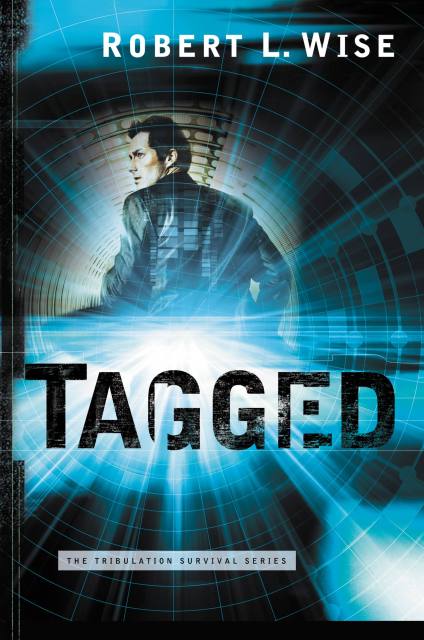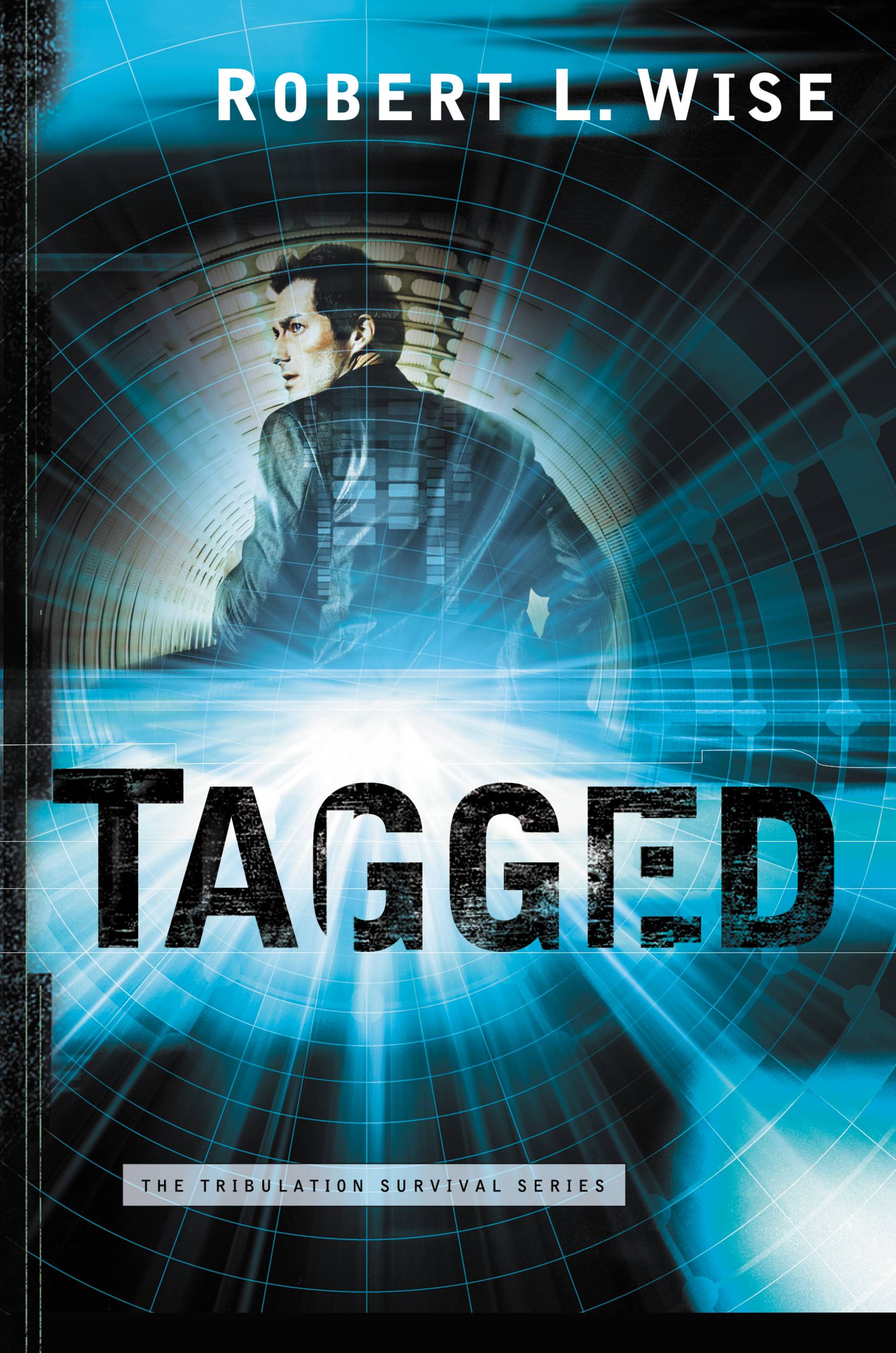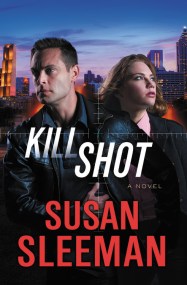By clicking “Accept,” you agree to the use of cookies and similar technologies on your device as set forth in our Cookie Policy and our Privacy Policy. Please note that certain cookies are essential for this website to function properly and do not require user consent to be deployed.
Tagged
Contributors
Formats and Prices
- On Sale
- Sep 3, 2007
- Page Count
- 304 pages
- Publisher
- FaithWords
- ISBN-13
- 9780446510332
Price
$9.99Price
$12.99 CADFormat
Format:
ebook $9.99 $12.99 CADThis item is a preorder. Your payment method will be charged immediately, and the product is expected to ship on or around September 3, 2007. This date is subject to change due to shipping delays beyond our control.
Buy from Other Retailers:
– The author of 27 books, Robert L. Wise is best known for his Mega-Millennium series, which has combined sales of over 365,000 copies. It is comparable to the bestselling Left Behind series by Jerry B. Jenkins and Tim LaHaye.
– Robert L. Wise, Ph.D., is an archbishop, lecturer, and Bible teacher who has spoken throughout Europe and the Far East. He is vice president of Feed the Children and a member of the Writers Guild of New York City.
Newsletter Signup
By clicking ‘Sign Up,’ I acknowledge that I have read and agree to Hachette Book Group’s Privacy Policy and Terms of Use






